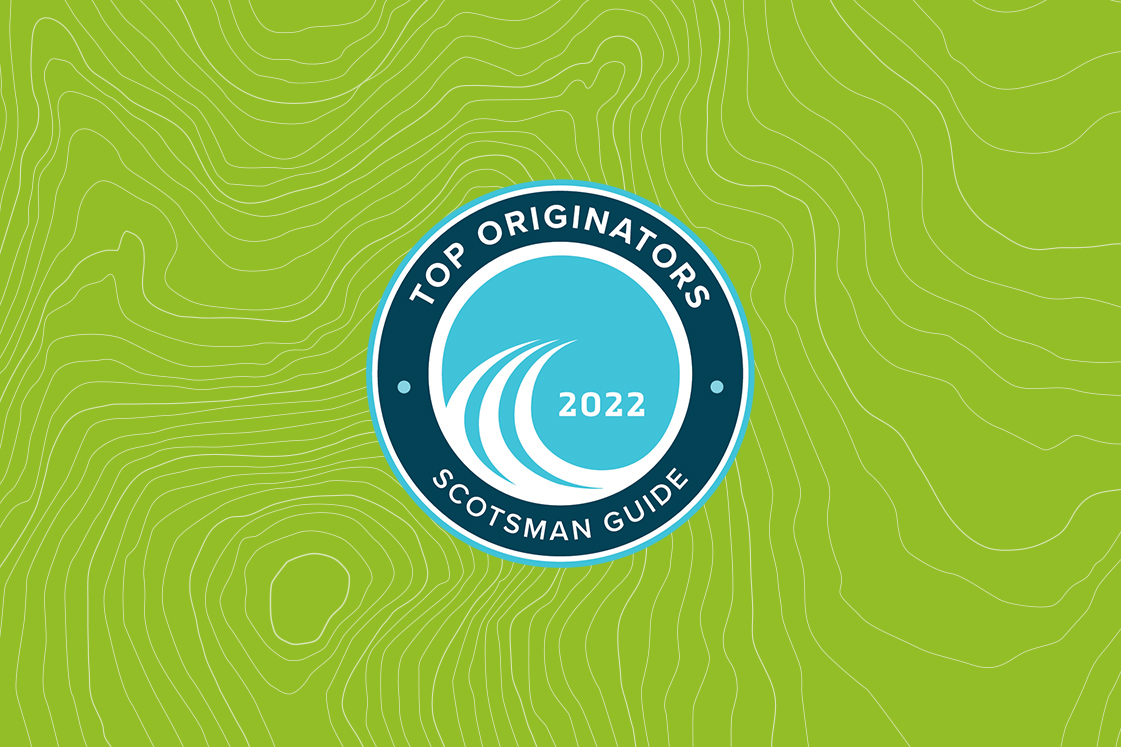To get a mortgage to purchase a home, you’ll need to show your lender you can repay debt. The best way to do it is by having a high credit score and a robust credit history. In the journey towards good credit, you may find some of your actions inadvertently have negative impact on your credit score. Let’s go over the difference between actions that give you good and bad credit.
GOOD CREDIT
Getting a home loan
If you have a mortgage and have made payments on time, you’ve given yourself an excellent credit boost. Mortgage debt is the single biggest contributor to overall American household debt, and handling it well will increase your credit score. Mortgage debt is considered good debt.
Having student loans
The average public university student borrows $30,030 to pay for their bachelor’s degree. College costs remain a significant financial challenge for many people. If you haven’t had to research tuition for a while, you may be surprised to hear how much it costs. Today, the average price for just one-year (tuition, room and board, books, transportation, and other expenses) is $25,290 at a public in-state college and $40,940 out-of-state. Thankfully, when calculating your credit, it’s considered a positive move to take on college debt. Regular on-time payments will improve your credit.
When considering your college cost and future career, aim to keep your student loans in line with your projected income. Some debt is unavoidable, but it should never be so great that it ruins your financial future. Generally speaking, try to keep your debt under $30,000 so you can afford to pay it off and get a mortgage at the same time. U.S. News has an easily understandable article on how much debt is too much.
>> Buying a home when you have student loan debt
Having an Auto loan
The average new car costs more than $36,000. Most of can’t pay that in cash, so we need a loan. It’s considered good credit since the interest rates are generally low and there is a set number of payments you’ll make until it’s paid off. As long as you make your payments on time, auto loans aren’t considered bad credit.
NOT SO GOOD CREDIT
Using credit cards
Credit cards typically have higher interest rates than car loans, student loans, or mortgages – often above 20%. If you only pay minimum payments, it will take you a surprisingly long time to pay back your debt. And the types of things we buy with a credit card are depreciating assets like clothes, furniture, food, events, and gas. There’s nothing wrong with these types of purchases or having a credit card, but after you calculate your interest payments, the true cost of the item is much higher after it was added to your credit card. Having credit card debt doesn’t indicate you’re taking debt towards a more financially stable future (like with a home or student debt), so it’s generally considered harmful to your credit.
Making late payments
If any payment is more than a month late, it may be reported to a credit bureau. This includes payments to credit cards, lenders, even utility providers like your electric or water company. Negative information can be reported for seven years.
Maxing out a credit card
Credit utilization is the amount of money you have used compared to the credit limit on the card. Generally, try and keep your credit card balance low. A maxed-out card can lower your credit score by quite a few points.
Requesting too many loans
When you apply for a credit card or a loan, the lender will do a hard inquiry into your credit to see your history and score. For most people, a hard inquiry will cost about 5 points and remain on your credit report for two years. If you’re shopping for a good rate, each similar inquiry will not continue to negatively impact your credit if they’re done in the same time period.
A lot of factors play into your credit history and score. To see yours, visit annualcreditreport.com. If you have any questions on how your credit will impact your ability to secure a home loan, reach out to your mortgage lender. We offer many types of home loans – some work for people with great credit scores while others are designed to give those with a troubled credit history the help they need to get a home. Don’t lose hope. Work with an expert to help you find the right path towards your home loan goals.



